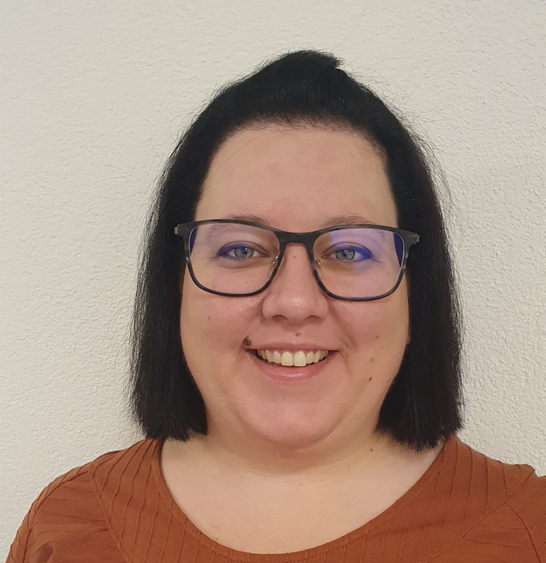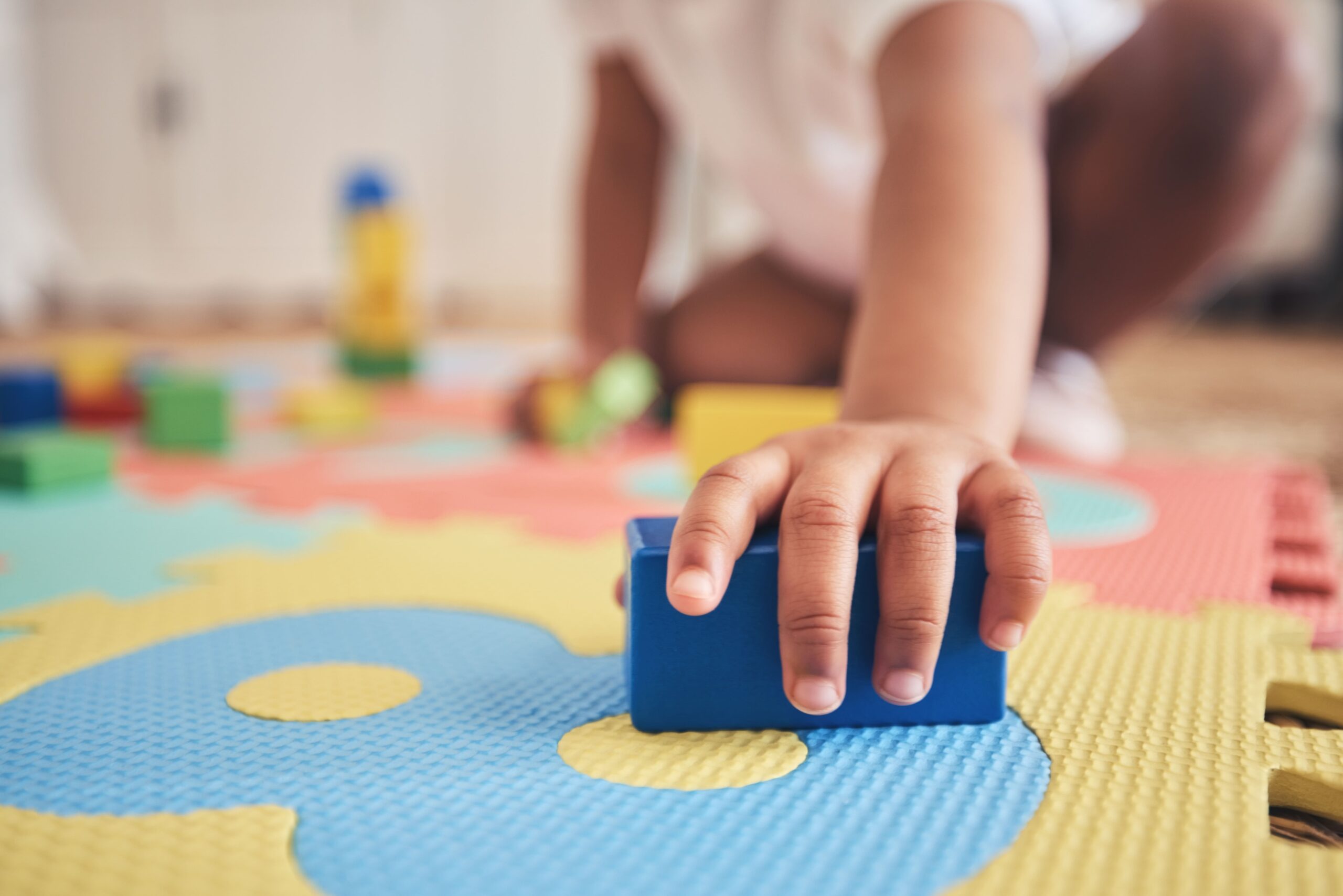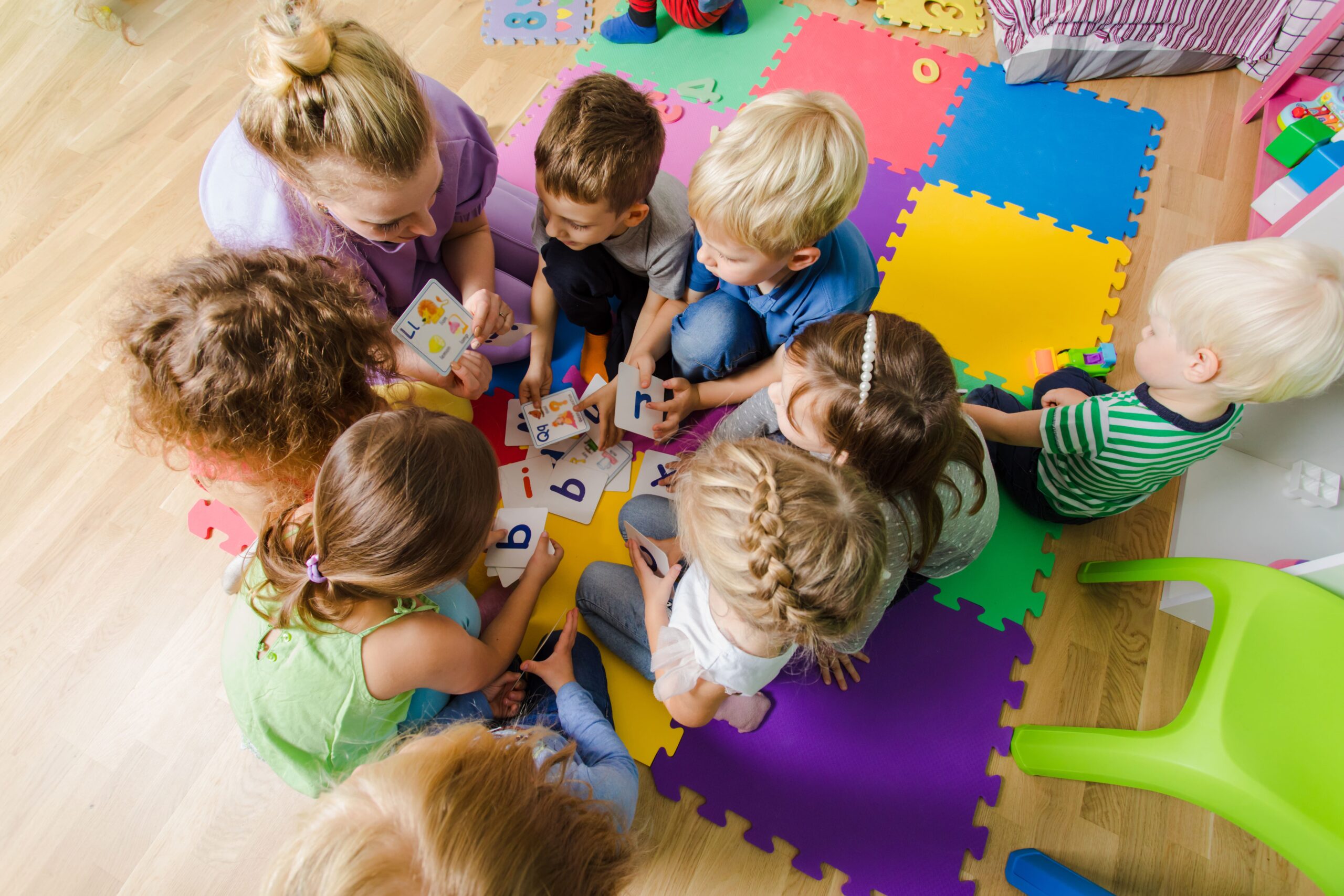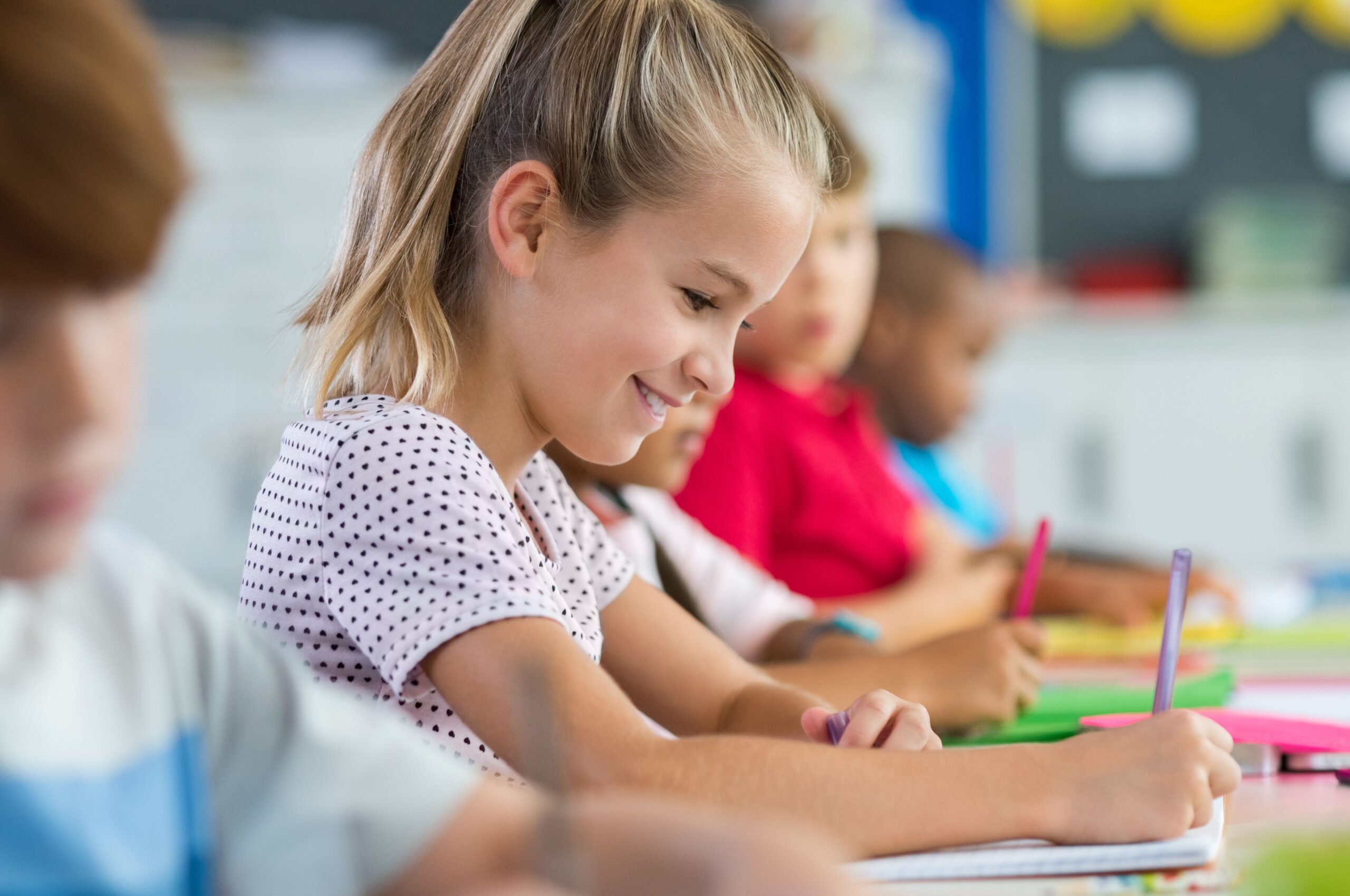OBS Preschool
Experiment, discover, explore
Discovering, understanding and creating the world – in our bilingual preschool, children between the ages of 2 and 4 have the opportunity to develop their imagination, cultivate friendships and pursue their interests.
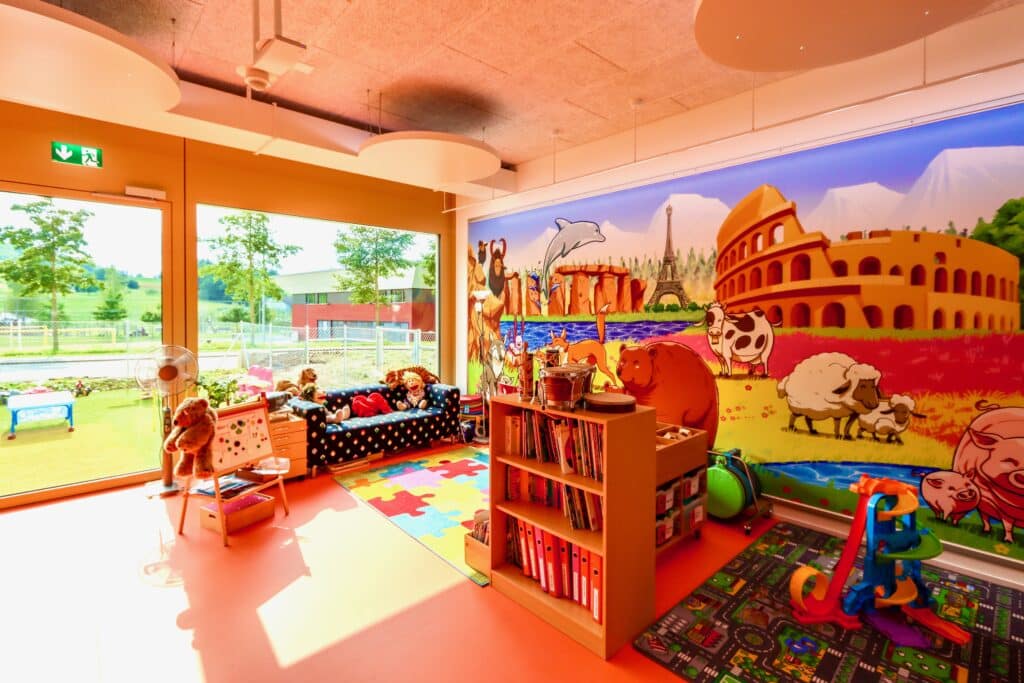
Facts
- Children from 2 to 4 years
- Small groups with up to 12 children
- Supervision by 3 specialists, including trainees
- Own OBS curriculum based on the English and Finnish curriculum for preschools
- Bilingual – Equivalent communication in German and English
Free play and individual learning impulses
During free play, the children develop social, emotional and intellectual skills, while the teachers also provide individual learning impulses. In this way, the children learn both while they lead their own play and when they take part in supervised play – they benefit enormously from this balance of free and specifically supervised activities. Our childcare staff respond to the developing needs and interests of the children, observe them continuously and provide conscious, caring, strength-oriented and positive guidance.
Creativity, movement and holistic learning
Engaging in outdoor play and exercise, maintaining a varied, healthy diet, alongside artistic and creative endeavors, and exploring yearly themes and educational subjects are integral parts of our daily routine. Drawing from our experiences, we have crafted an independent curriculum inspired by the successful Finnish model. At OBS, we adopt a holistic, progressive approach to education, continuously informed by the latest scientific research. This approach extends to setting educational objectives for preschoolers.
Communication
Early Literacy through language comprehension (narrative and visual culture)
Individual
Personal, Social and Emotional Competences
Numeracy
Discovering how numbers represent quantities
The World around us
People, living beings, environment & nature
Physical Development
Control and coordination, self-confidence, motor skills
Creativity, Imagination and Music
Cultural and artistic awareness
Holistic learning and genuine motivation.
This education-oriented approach does not contradict the concept of play-based learning. Quite the opposite: our learning opportunities always meet the children in the real world and introduce them to kindergarten and school in a playful way. From the very beginning, we focus on the desire to learn and the joy of trying things out and pursuing their own ideas.
Daily schedule
- 7.15 – 8.15 a.m.: Early care, optional
- 9.00 a.m.: Breakfast
- 9.20 am: Morning circle: we sing together and discuss the day
- 10 a.m.: Outdoor time: we go to the playground or the forest
- 11.30 a.m.: Lunch
- 12.00: rest time: the small children sleep, the older children rest
- 12.30 the older children meet in the communal area after their break for quiet work at the table
- 1.30 p.m.: Creative and handicraft time: We deal with our monthly themes
- 3 p.m.: Healthy snack
- 4 to 6.30 p.m.: Late care, optional
